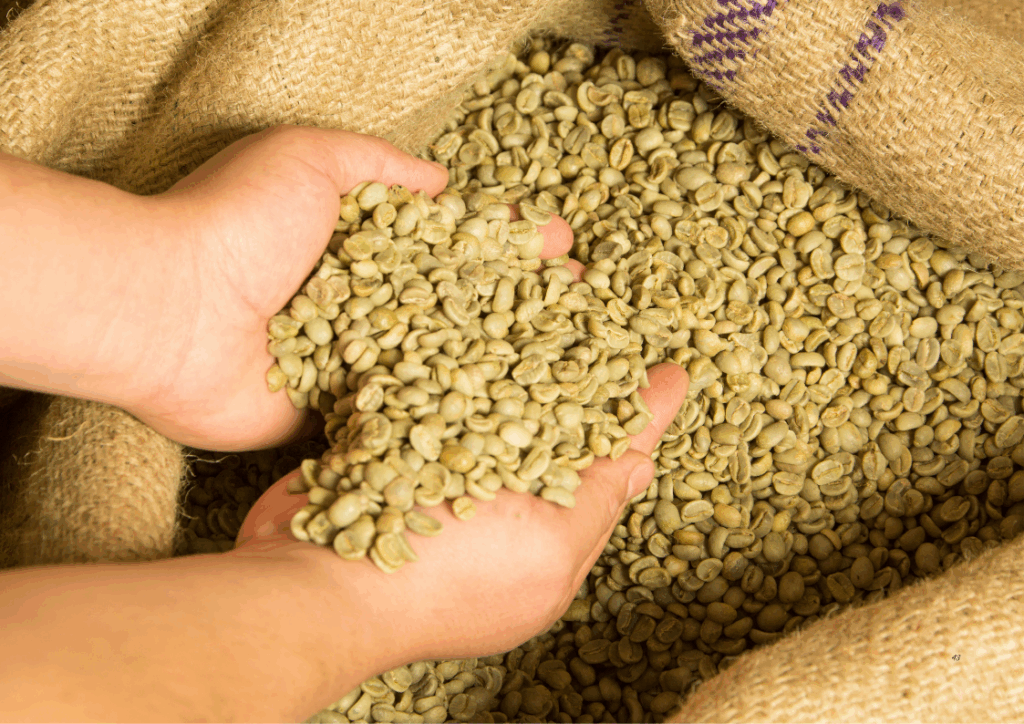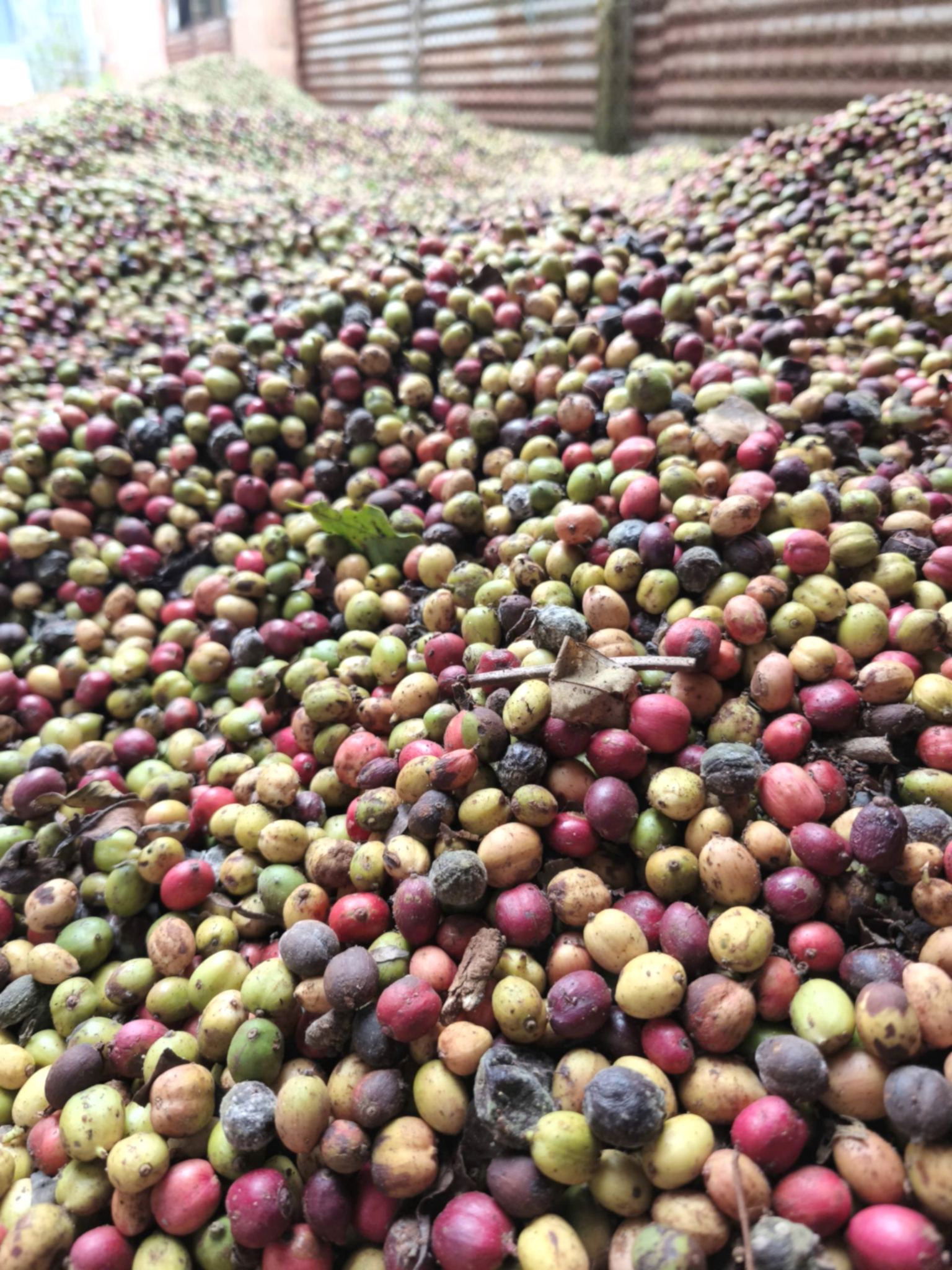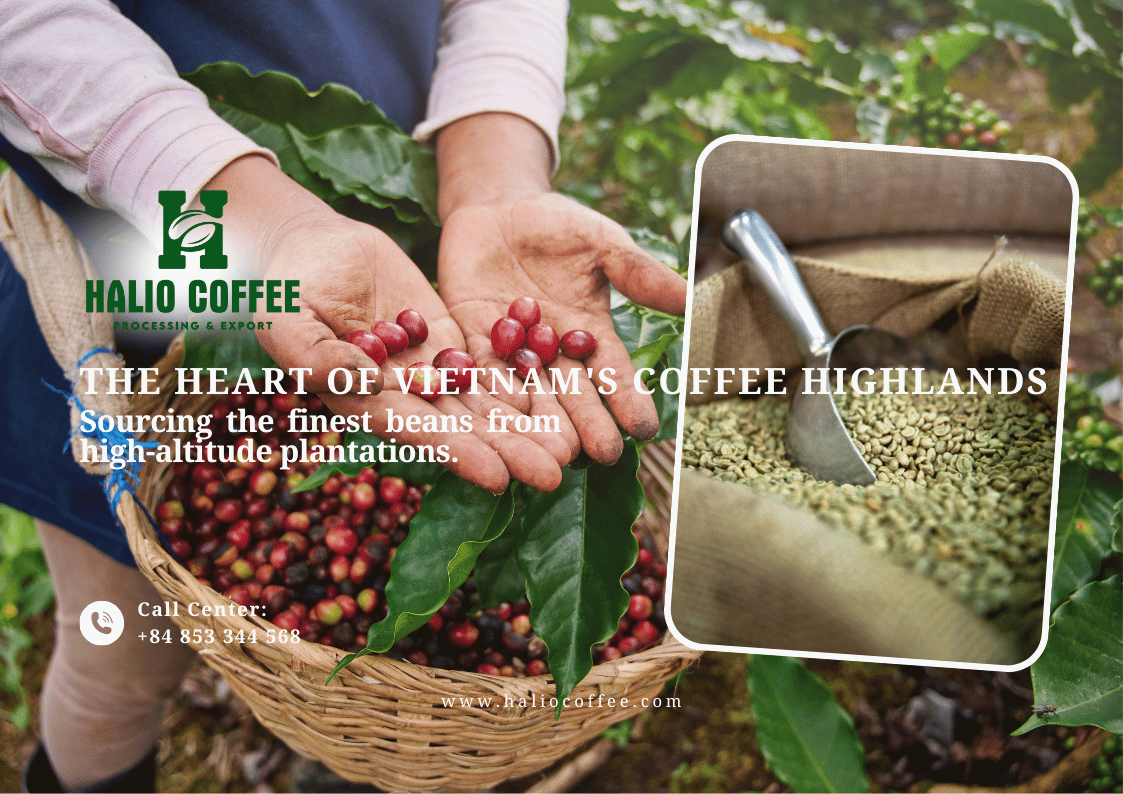Whole Bean Coffee: Vietnam and the Global Market
Coffee is not just an agricultural commodity—it is one of the most traded products worldwide and a vital part of the global supply chain. For producers, distributors, and roasters, understanding the journey of whole bean coffee from farm to cup is critical to ensuring consistent quality and market competitiveness.
Vietnam, the world’s second-largest coffee producer, plays a central role in this market. Alongside global leaders like Brazil and Colombia, Vietnam is shaping the future of coffee with both robusta and arabica production.
The Importance of Whole Bean Coffee in the Supply Chain
Whole bean coffee is the foundation of every coffee product—whether destined for specialty markets, instant coffee, or large-scale commercial roasting. Unlike ground coffee, whole beans retain their freshness longer and preserve their unique flavor profile until the moment of grinding.
For producers and roasters, whole beans represent:
- Quality assurance: Beans can be evaluated visually and cupped before roasting.
- Longer shelf life: Reduced oxidation compared to pre-ground coffee.
- Market flexibility: Suitable for specialty single-origin or blended products.
Vietnam’s Role in Whole Bean Coffee Production
Vietnam has established itself as the largest robusta exporter in the world, with growing efforts to expand arabica cultivation in regions like Lam Dong and Son La.
Robusta Dominance
- Accounts for nearly 90% of Vietnam’s total coffee output.
- Provides consistent supply for instant coffee and espresso blends.
- Appeals to international distributors due to competitive pricing.
Arabica Expansion
- Smaller but rapidly growing share of production.
- Increasing focus on specialty-grade beans for high-value export markets.
- Adoption of modern post-harvest techniques, such as raised bed drying, to improve flavor quality.
By investing in improved processing methods, Vietnamese producers are positioning their whole bean coffee for greater recognition in premium global markets.
See more:
- Raised Bed Drying Coffee
- How to Brew Coffee Beans
- Halio Coffee – Your Trusted Fresh Coffee Distributor of Robusta & Arabica Beans
Global Trends Impacting Whole Bean Coffee
The international coffee sector is experiencing rapid shifts influenced by climate change, consumer demand, and trade policies.
Rising Demand for Specialty Coffee
- Consumers in North America, Europe, and Asia are seeking single-origin, traceable, and sustainably produced whole beans.
- Specialty coffee shops and roasters prefer whole bean coffee for its quality control and freshness.
Climate Challenges
- Irregular rainfall and rising temperatures in Brazil and Vietnam are affecting yields.
- Producers are adapting with resilient varieties and improved drying methods.
Trade and Pricing Volatility
- Coffee futures on global exchanges heavily influence supply contracts.
- Import tariffs, such as recent U.S. policies on Brazilian coffee, create opportunities for alternative suppliers like Vietnam.
Technical Insights: From Fresh Cherries to Whole Bean Coffee
The transformation of coffee from fresh cherries to export-ready whole beans requires precise steps:
Harvesting
- Selective picking of ripe cherries ensures uniform flavor development.
Processing Methods
- Washed (wet) process: Produces cleaner, brighter cup profiles.
- Natural (dry) process: Highlights sweetness and body.
- Honey process: Balances acidity and sweetness.
Drying
- Traditionally done on patios or tarps.
- Increasing adoption of raised bed drying for better airflow and consistent results.
Storage and Export
- Beans must reach 10–12% moisture before bagging.
- Proper storage conditions are essential to maintain quality until roasting.
Opportunities for Producers, Distributors, and Roasters
For companies involved in coffee production or distribution, whole bean coffee offers clear advantages in product positioning, market reach, and brand differentiation.
- Producers: Can command higher prices by improving post-harvest processes.
- Distributors: Gain flexibility to supply specialty or commercial markets.
- Roasters: Have greater control over flavor development and freshness.
As the global coffee market grows more competitive, quality-driven practices in producing and handling whole bean coffee will remain the cornerstone of success.
Conclusion
Vietnam and other producing countries are at the heart of a rapidly evolving coffee industry. For stakeholders across the value chain, investing in post-harvest expertise and maintaining the integrity of whole bean coffee is essential.
With rising demand for quality, sustainability, and traceability, companies that master the art of whole bean sourcing and processing will lead the next wave of growth in the global coffee market.
- The Last Line of Defense: A Consultant’s Guide to Green Coffee Beans Packaging for Export
- Coffee Prices Today, Nov 20: Markets Retreat on Brazil Rain Forecasts; Vietnam Floods Limit Losses
- How to Brew Coffee Beans: Insights from Vietnam and the Global Coffee Industry
- The Logistical Playbook: A Consultant’s Guide to Green Coffee Beans Shipping Logistics
- The New Cost of Compliance: Deconstructing the Vietnam Traceable Green Coffee Bean Price EU







